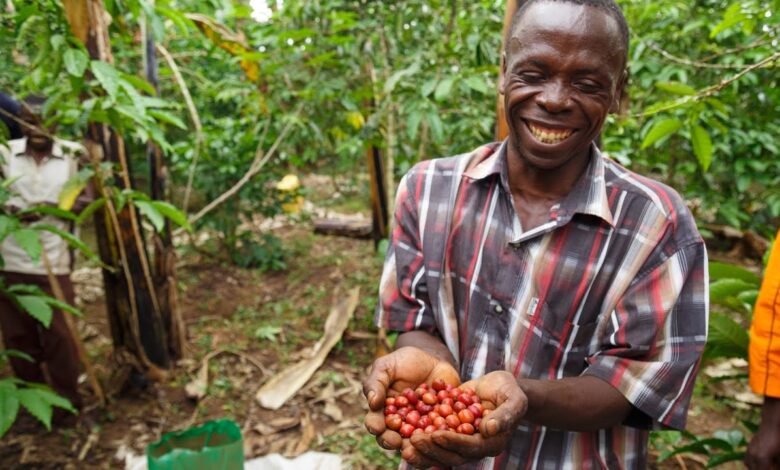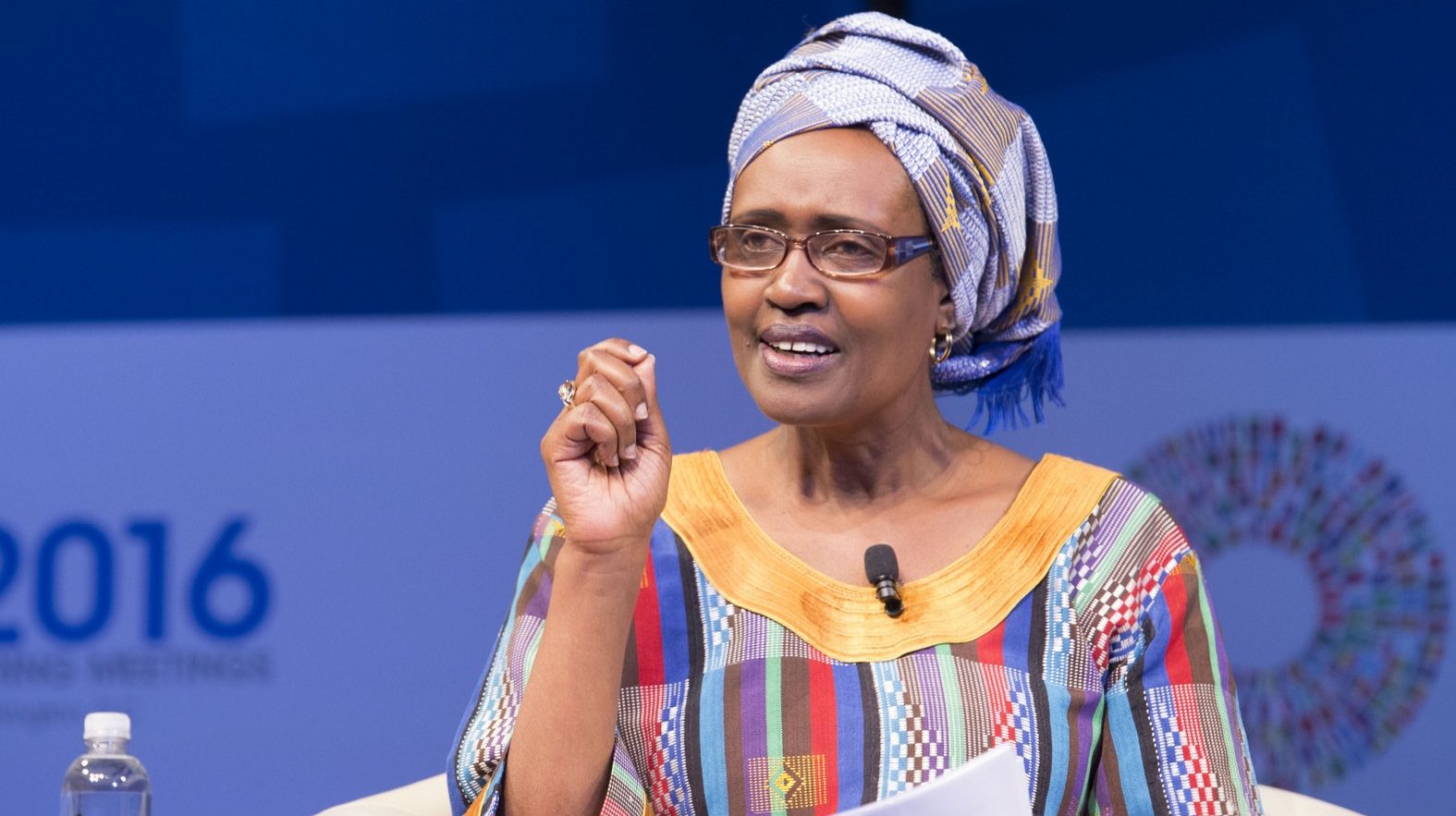Coffee farmers in Masaka rally against UCDA merger
Gathered at Buddu County headquarters in Masaka City, farmers, nursery operators, and coffee dealers from across the region voiced their unanimous opposition to the proposed merger during a consultation meeting led by the Buganda Parliamentary Caucus.

A quiet but passionate revolt is brewing in the heart of Masaka’s coffee-growing region, where farmers and traders are rallying to protect their industry from what they see as a looming threat.
At the center of this storm is a government proposal to merge the Uganda Coffee Development Authority (UCDA) into the Ministry of Agriculture, Animal Industry, and Fisheries—a move that coffee farmers fear could spell disaster for the country’s most prized export.
Gathered at Buddu County headquarters in Masaka City, farmers, nursery operators, and coffee dealers from across the region voiced their unanimous opposition to the proposed merger during a consultation meeting led by the Buganda Parliamentary Caucus.
Their message was clear: keep the UCDA independent or risk jeopardizing Uganda’s coffee industry.
The backbone of Uganda’s coffee economy
The greater Masaka sub-region, known for producing some of Uganda’s finest coffee, has thrived under the guidance of the UCDA.
Farmers credit the authority for improving the quality and competitiveness of Ugandan coffee on the global market. But now, they fear that merging it with the Ministry of Agriculture will erode the progress made over decades.
“The UCDA has been instrumental in regulating and improving coffee production,” said Jude Muleke, Buddu County Chief, commonly known as the Ppokino. “Merging it with the Ministry will only dilute its focus, weaken enforcement of quality standards, and reduce the support we receive as farmers.”
The proposal to streamline over 20 government agencies, including the UCDA, under their respective ministries came as part of the Rationalization of Government and Public Expenditure (RAPEX) bills, which the Executive presented to Parliament in April.
The move, aimed at cutting down on wasteful expenditures and avoiding duplication of roles, has sparked fierce debate—none more intense than in Uganda’s coffee-growing regions.
Last week, after heated discussions in Parliament, President Yoweri Museveni intervened, postponing the rationalization of the UCDA for three years to give the Ministry of Agriculture time to build the capacity to manage coffee production.
However, farmers in Masaka aren’t satisfied with the deferment. For them, it’s not just about giving the Ministry more time—it’s about preserving the integrity and independence of the UCDA altogether.
“Three years isn’t enough to prepare the Ministry,” warned Sowedi Sserwadda, Chairperson of Kibinge Coffee Farmers’ Cooperative Society in Bukomansimbi. “The UCDA plays a specialized role in regulating quality and standards. Merging it with the Ministry will cripple those efforts.”
Sserwadda and other farmers argue that coffee, Uganda’s largest agricultural export, deserves a dedicated authority to oversee its production and ensure its international competitiveness.
They believe the UCDA’s independence has been key to maintaining high standards in the supply chain, from the farm to the global market.
Coffee farmers rally behind their cause
The stakes couldn’t be higher. Coffee isn’t just a crop in Uganda—it’s a lifeline for millions of families and the backbone of the economy. With over 1.7 million households depending on coffee farming, any disruption in the sector could have far-reaching consequences.
Leaders in Masaka, like Ppokino, are rallying Parliament to take decisive action. “We are urging our MPs to reject this proposal completely,” he said, calling on the Buganda Parliamentary Caucus to engage in constructive dialogue with government authorities.
“This merger will do more harm than good. Let’s instead empower the UCDA to do its job better.”
Muwanga Kivumbi, the Chairperson of the Buganda Parliamentary Caucus, noted that this fight is about more than just policy—it’s about protecting the livelihoods of Uganda’s coffee farmers and securing the future of the industry.
“We’ve heard the concerns from the farmers loud and clear,” he said at the meeting. “We’ll ensure their voices are heard in Parliament. The right decision must be made.”
As the consultation meetings continue, it’s clear that this fight is far from over. Coffee farmers across the greater Masaka region are mobilizing, determined to protect their industry from what they see as a misguided policy.
They know that preserving the UCDA’s independence is crucial to maintaining the quality and competitiveness of Ugandan coffee in the global market.
But beyond the economic argument lies a deeper sentiment. For many, coffee is more than just a commodity—it’s a symbol of their identity, their history, and their pride.
“Coffee is in our blood,” said Muleke. “We can’t allow decisions that will weaken the foundation we’ve built for so long.”
As the debate moves from local consultations to the national stage, one thing is clear: Uganda’s coffee farmers are ready to defend their legacy. Whether Parliament listens to their call remains to be seen, but the farmers of Masaka have made one thing clear—they won’t let their voices go unheard.






